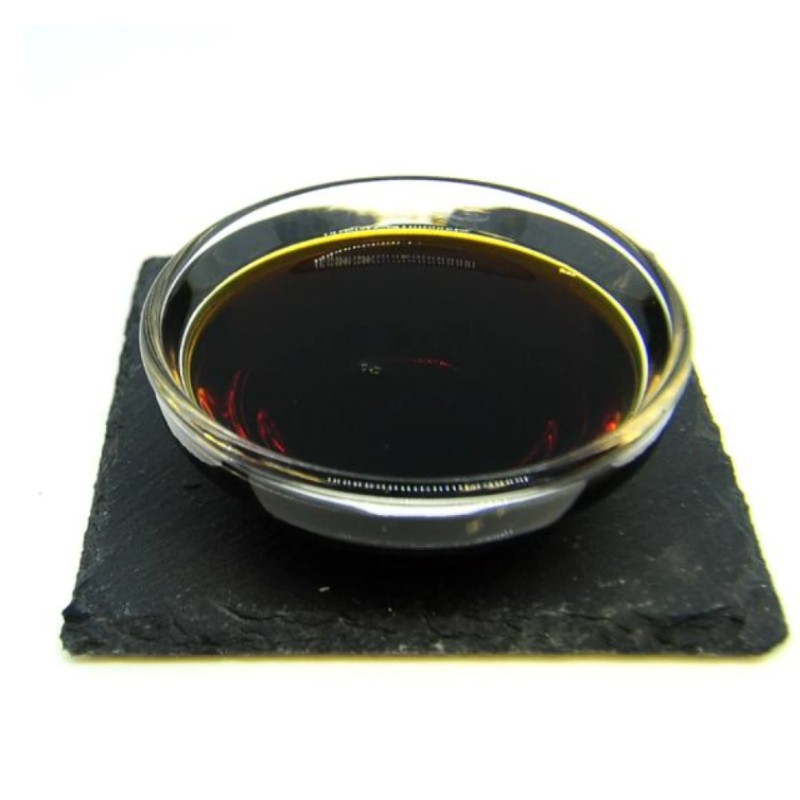Description
Keratin is a structural protein which forms a major component of skin, hair and nails. However, keratinaceous substances are depleted with repeated exposure of skin and hair to soaps, chemicals, hard water and harsh weather conditions. This can lead to dryness, roughness and flaking of the skin as well as dullness and breakage of the hair. Hydrolyzed proteins offer a medium to replenish this loss.
Plant Keratin is composed of hydrolyzed proteins derived from wheat, corn and soybeans, which combined can enhance moisturization and conditioning properties of a wide variety of skin care and hair care products, in addition to providing film forming and anti-irritant benefits to leave skin and hair hydrated and healthy.
Traditionally, almost all proteins utilized in cosmetic products were derived from animal sources because of their availability and high functionality as a moisturizers, conditioners and film formers. Recently, consumer concerns regarding the use of animal proteins has led to user-friendly plant-based alternatives from sustainable sources such as wheat, corn and soybeans. Hydrolyzed proteins play an important and functional role in keeping our skin and hair moisturized and healthy.
Country of Origin: USA
INCI:Hydrolyzed Corn Protein, Hydrolyzed Wheat Protein & Hydrolyzed Soy Protein
Appearance: Amber non viscous liquid
Solubility: water
pH: 6.0-8.0
Manufacturer Suggested Usage: 1.0 – 5% . Cool down phase of your formulation.
Common Uses/ Benefits
In the skin, Hydrolyzed proteins are among a group of key nutrients that are often referred to as the natural moisturizing factor (NMF). These compounds are responsible for maintaining moisture content and suppleness of the skin by attracting and retaining water to keep the outer layer of the stratum corneum hydrated. Hydrolyzed proteins derived from plants such as corn, wheat and soybeans are substantive to both skin and hair. When applied to the skin, these proteins penetrate the outer layers of the stratum corneum to provide hydrating benefits while forming a film that minimizes trans-epidermal water loss (TEWL). Hydrolyzed proteins have also been shown to reduce irritation caused by surfactants typically used in shampoos and cleansers. In hair care, hydrolyzed proteins are able to penetrate the outermost layer called the cuticle. In doing so, these proteins offer protective benefits by helping to repair split ends and cuticle damage, increasing strength and elasticity and limiting the adverse effects of chemical processing.
BENEFITS
- Moisturization
- Conditioning
- Non irritant
- Firming
- film forming
- Increasing strength and elasticity especially in hair
Applications
- Hair Care Products
- Restructuring Skin Care Products
- Tone and Tightening Products
Storage: Store in a cool, dark place. It should not be exposed to excessive heat or cold.




Reviews
There are no reviews yet